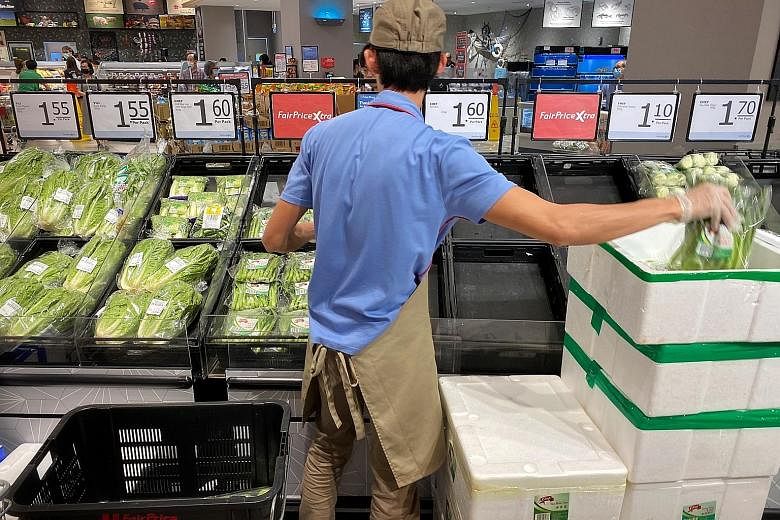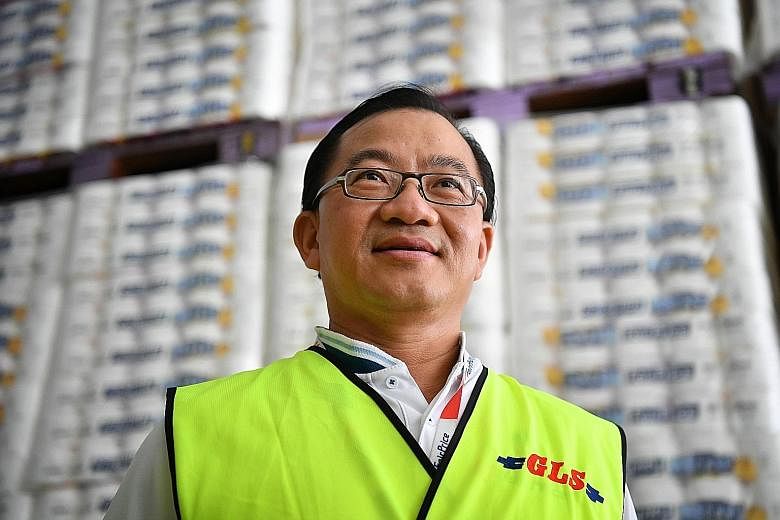Building resilience among Singapore firms will position them for recovery and save jobs - which is a key thrust that underpins the economic support being provided amid the coronavirus pandemic.
Deputy Prime Minister and Finance Minister Heng Swee Keat said yesterday that Singapore is building economic resilience by ensuring that viable businesses are not permanently damaged but are able to preserve their capabilities for recovery.
In his round-up speech on the supplementary budget, Mr Heng noted that with the economy hit on so many fronts, it is "not possible to just restore the status quo".
"Moreover, as the most open economy in the world, injecting funds cannot counter the extensive global supply and demand shocks. Our best response now is to build resilience - in our economy and society," he said.
On the economic front, support for businesses covers the areas of costs, cash flow and credit. Enhancements to financing measures include the Government taking on a higher risk share on several loan schemes, including the temporary bridging loan programme and SME Working Capital Loan programme.
Addressing questions from National Trades Union Congress (NTUC) secretary-general Ng Chee Meng and Mr Liang Eng Hwa (Holland-Bukit Timah GRC) on getting aid to firms more quickly, Mr Heng said government agencies like the Central Provident Fund Board and Inland Revenue Authority of Singapore are working to expedite payouts. Firms on Giro and PayNow will start receiving the first tranche of Jobs Support Scheme payouts next week, while those on cheque payments will get payouts a week later.
The public service is also working towards making faster payments to businesses supplying goods and services to the Government. It has brought forward the scheduled due date of over 1,000 payment vouchers by an average of 11 days, he said.
This amounts to over $600 million, benefiting close to 300 firms, mostly small and medium-sized enterprises (SMEs), said Mr Heng.
"I encourage businesses that are in better financial positions to consider making similar gestures for their suppliers, many of which are SMEs. By keeping your supply chain intact, your company will also benefit," he added.
Noting that the Monetary Authority of Singapore, along with financial institutions, has introduced measures to help SMEs with temporary cash-flow difficulties, Mr Heng said he was glad to see industry players step up to help businesses.
He urged businesses to use the support "wisely and responsibly", even as the Government provides help in a broad-based manner.
Last month's Resilience Budget also provides support for reinforcing Singapore's supply chains, said Mr Heng, acknowledging the points made by MPs such as Mr Ang Wei Neng (Jurong GRC) and Mr Murali Pillai (Bukit Batok) about the importance of strengthening supply chain resilience and food security. He added that Singapore has been working on its strategy to ensure a stable supply of safe food and essential goods for years, and will continue to do so.
Mr Heng highlighted the efforts of Mr Seah Kian Peng (Marine Parade GRC), who is chief executive of NTUC Enterprise, as well as his staff in keeping supermarket shelves stocked.
"Through your hard work, and that of other distributors, we can instil confidence in the adequacy of our food supplies," he said.



